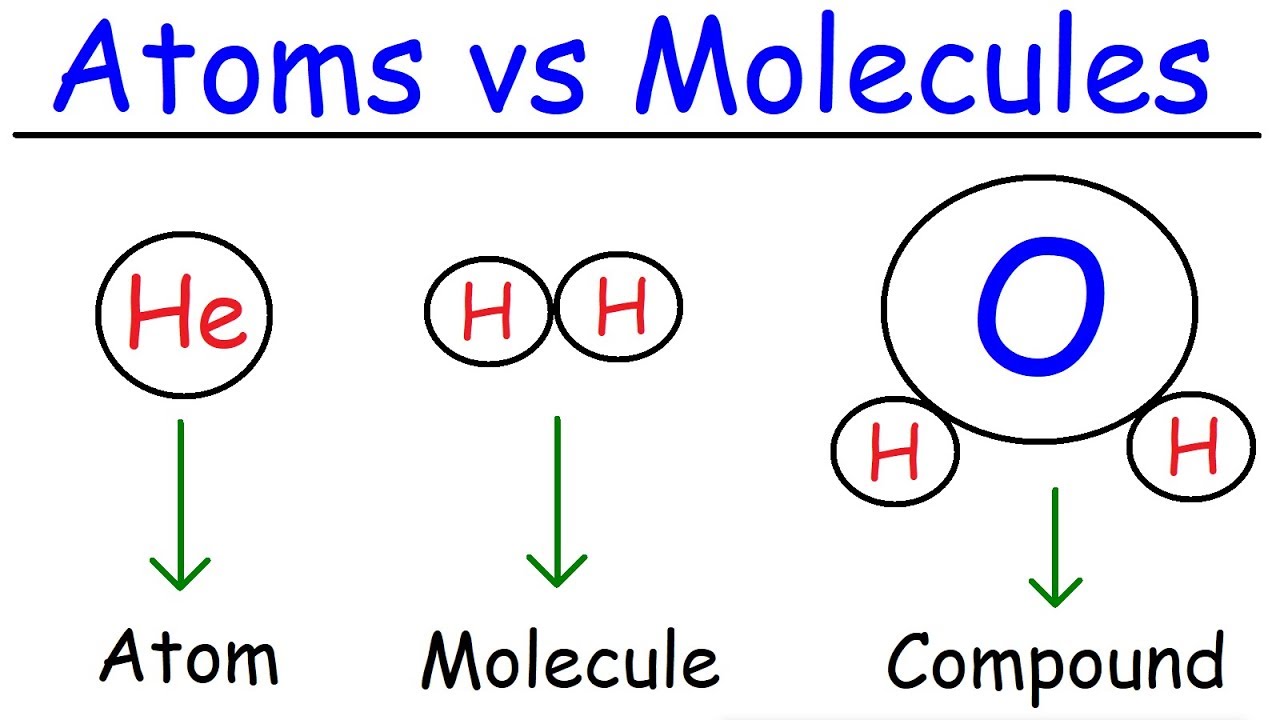Chemistry Basics – Atoms, Molecules, Elements, Compounds, and Mixtures -Notes For W.B.C.S Examination.
রসায়ন বুনিয়াদি – পরমাণু, অণু, উপাদান, যৌগিক এবং মিশ্রণ – WBCS পরীক্ষার জন্য নোট।
Chemistry is the study of the composition, structure, properties and change of matter [matter is defined as anything that has rest mass and volume (it takes up space) and is made up of particles]. Chemistry is chiefly concerned with atoms (a basic unit in chemistry) and their interactions with other atoms.Continue Reading Chemistry Basics – Atoms, Molecules, Elements, Compounds, and Mixtures -Notes For W.B.C.S Examination.
Atoms
An atom is a basic unit of matter that consists of a central nucleus surrounded by negatively charged electrons. The nucleus contains protons and neutrons. Electrons revolve around the nucleus in different orbits.
Subatomic particles
The constituent particles of an atom are called subatomic particles. They mainly include protons, electrons and neutrons. The electron is the least massive of these particles at 9.11×10−31 kg with a negative charge. Protons have a positive charge and Neutrons have no electrical charge.
Discoveries:
- Proton by Ernest Rutherford in 1918.
- Electron by J.J. Thomson in 1897.
- Neutron by James Chadwick in 1932.
Nucleus
The central part of an atom is called nucleus. Particles present inside the nucleus are called nucleons and they include mainly protons and neutrons. Due to the presence of protons nucleus has a positive charge.
Molecules
Molecules are made of atoms of one or more elements. Some molecules are made only by one type of atoms (two oxygen atoms bond together to form O2 molecule) while molecules like protein are made up of atoms from different elements.
Elements
A chemical element is a pure chemical substance consisting of one type of atom distinguished by its atomic number. Carbon, Oxygen, Silicon, Arsenic, Aluminum, Iron, Copper, Gold, Mercury etc. are all examples of elements.
Note :
- Hydrogen and Helium are the most abundant elements in the universe.
- Iron is the most abundant element (by mass) in the earth.
- Oxygen is the most common element in the earth’s crust.
- The 8 most abundant elements in Earth’s crust (by mass) are the following :
- 46.6% Oxygen (O)
- 27.7% Silicon (Si)
- 8.1% Aluminum (Al)
- 5.0% Iron (Fe)
- 3.6% Calcium (Ca)
- 2.8% Sodium (Na)
- 2.6% Potassium (K)
- 2.1% Magnesium (Mg)
Periodic Table
Dmitri Ivanovich Mendeleev is the father of periodic table. The first detailed form of the periodic table was developed by Mendeleev (based on mass number) but later Henry Gwyn Jeffrey’s Moseley made a new periodic table based on atomic number. Mosley is called the father of modern periodic table.
Natural elements
The elements which occur in naturally on earth are called natural elements.
Eg: Oxygen, Nitrogen, Carbon etc.
Synthetic or man-made elements
A synthetic element is a chemical element that does not occur naturally on the earth. These are prepared by artificially and are unstable. The first synthetic element made was Technetium.
Compounds
Compounds contain more than one kind of atoms (more on atoms, later). It cannot be separated into constituent atoms by simple methods.
Eg: common salt (NaCl), Sodium carbonate (Na2CO3).
Mixtures
Mixtures are a combination of two or more substances, which when combined, each substance retains its own chemical identity. Examples of Mixtures include :
- sand and water.
- salt and water.
- sugar and salt.
Our own publications are available at our webstore (click here).
For Guidance of WBCS (Exe.) Etc. Preliminary , Main Exam and Interview, Study Mat, Mock Test, Guided by WBCS Gr A Officers , Online and Classroom, Call 9674493673, or mail us at – mailus@wbcsmadeeasy.in
Visit our you tube channel WBCSMadeEasy™ You tube Channel
Please subscribe here to get all future updates on this post/page/category/website



 +919674493673
+919674493673  mailus@wbcsmadeeasy.in
mailus@wbcsmadeeasy.in






































































































